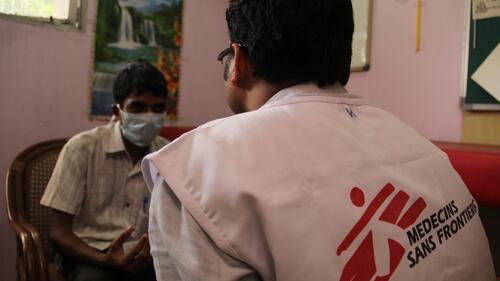During the 1990s, MSF teams made a bitter observation: we were failing to treat some of our patients suffering from infectious diseases, while in developed countries, remarkable progress was being made in the field of health. Two decades on, medicines in developing countries are still either too expensive, aren't suitable to be used in many of the contexts in which we work (for example, in hot, humid conditions or where there's a lack of electricity), or simply don't exist for the diseases we need to treat.
In 1999, we launched the Campaign for Access to Essential Medicines, now known as the Access Campaign. Its mission focuses on three areas: overcoming barriers to access to essential medicines, stimulating research and development for neglected diseases, promoting health exceptions to global trade agreements.
In 2003, MSF joined several research institutes, including the Institut Pasteur, to create the Drugs for Neglected Diseases initiative (DNDi), a non-profit research and development organisation engaged in research and development of new treatments for neglected diseases.
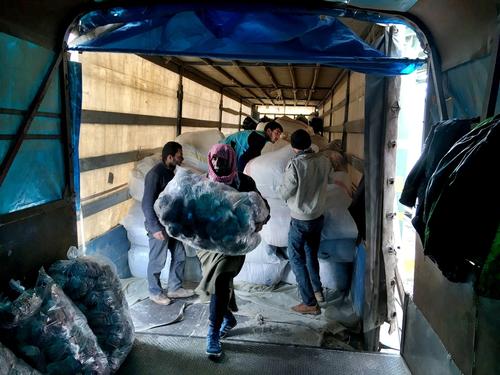
Despite cease fire catalogue of horror continues in besieged areas
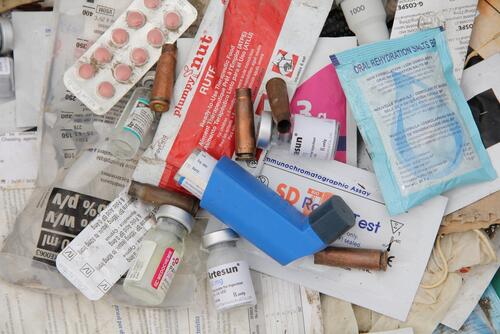
MSF issues open letter on nationwide lack of essential medicines
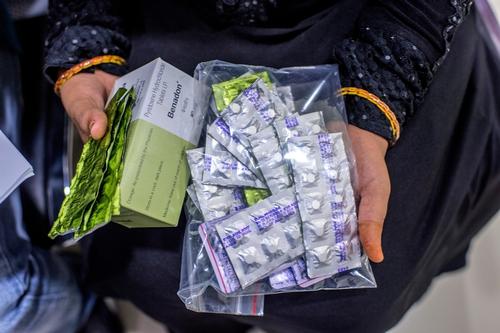
At EU-India Summit, India must defend its pharmacy of the developing world
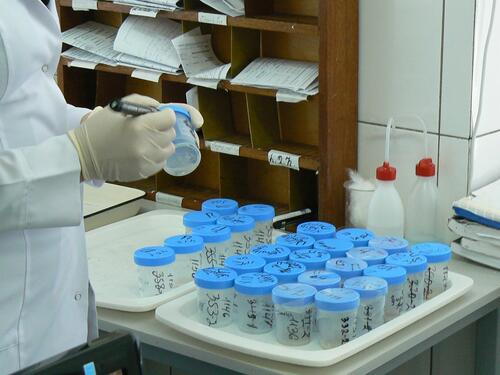
Just 2% of people with the severest cases of drug-resistant TB currently have access to new, more effective treatments
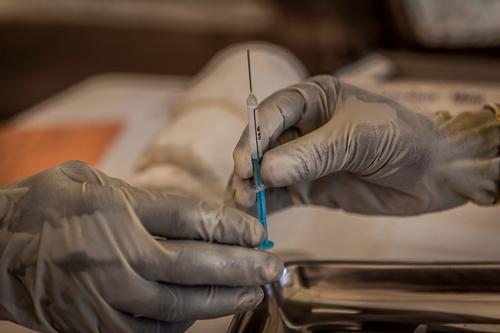
MSF launches challenge to Pfizer’s patent on the pneumonia vaccine in India to increase access to more affordable versions
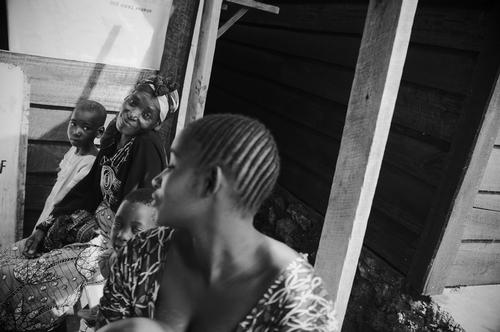
Suffering has been a part of my life. But I fight. I'm still standing!
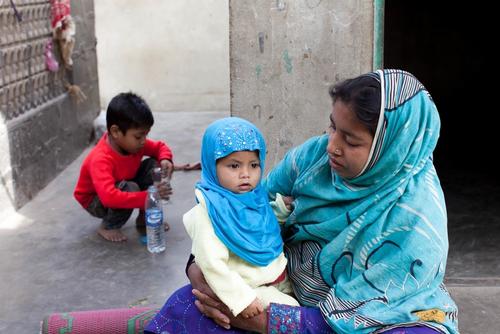
Stories from patients cured of hepatitis C at MSF’s Machar Clinic in Karachi
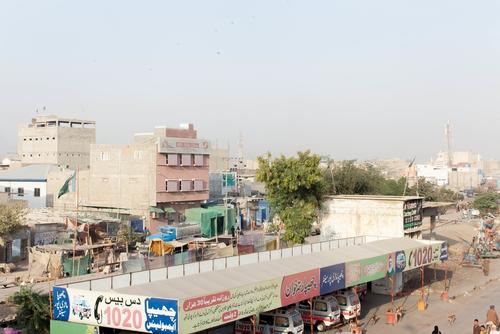
When they are diagnosed with hepatitis C, patients think they will die
